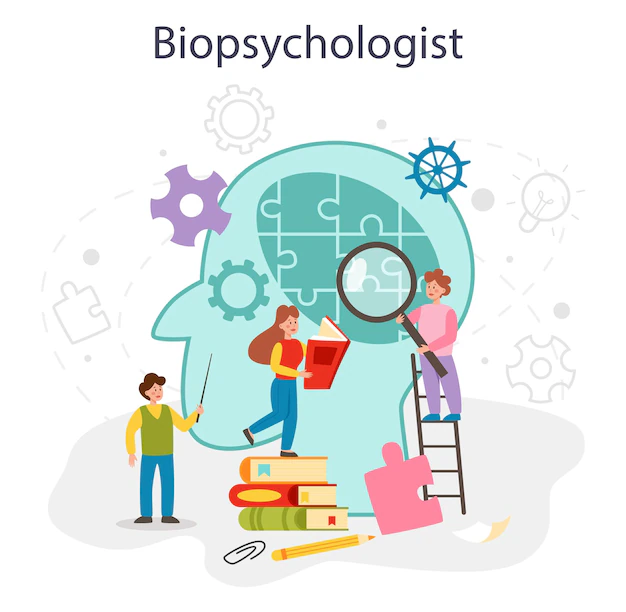Navigating the Terrain of Cognitive Psychology: Insights into Mental Processes
Cognitive psychology stands as a fundamental field within psychology, dedicated to unraveling the intricacies of human mental processes and their impact on behavior, perception, and problem-solving. Through the exploration of memory, attention, language, and thought, cognitive psychology sheds light on the complexities of the human mind.

Page Contents
Core Focus:
Cognitive psychology delves into internal mental processes, examining how individuals acquire, process, store, and utilize information.
Information Processing Model:
It adopts an information processing model, likening the mind to a computer, to understand how information is input, processed, stored, and retrieved.
Problem-Solving and Decision-Making:
Cognitive psychology investigates how individuals approach and solve problems, make decisions, and reason through complex situations.
Key Areas of Focus
| Areas of Focus | Description |
|---|---|
| Memory | Explores different memory types, processes, factors influencing memory, and strategies for improvement. |
| Attention | Examines attentional processes, focusing mechanisms, divided attention, and its impact on information processing. |
| Language and Thought | Studies language acquisition, comprehension, production, and their relationship with cognitive processes. |
Theories in Cognitive Psychology
Information Processing Theory:
Draws parallels between human cognition and computer processing, elucidating stages of information processing.
Piaget’s Stages of Development:
Outlines stages of cognitive development from infancy to adulthood, focusing on how thinking abilities evolve.
Dual-Process Theory:
Differentiates between automatic, unconscious processing and controlled, conscious processing in decision-making.
Applications in Real-Life Contexts
| Applications | Description |
|---|---|
| Education and Learning | Guides teaching methods, curriculum design, and strategies to optimize learning and memory retention. |
| Clinical Psychology | Informs therapeutic interventions, such as cognitive-behavioral therapy (CBT), targeting thought patterns and behaviors. |
| Human-Computer Interaction | Shapes user interface design, focusing on creating user-friendly technology based on cognitive principles. |
Cognitive Psychology in Action
Example: Memory Enhancement Strategies
Description: An individual utilizes mnemonic devices, like visualization techniques or acronyms, to memorize complex information. These strategies leverage cognitive psychology principles to enhance memory retention and recall for academic or professional purposes.
Conclusion
Cognitive psychology serves as a cornerstone in understanding the inner workings of the human mind. By investigating memory, attention, language, and thought, cognitive psychologists contribute valuable insights applicable across diverse domains, impacting education, clinical practice, and technology design. As an evolving discipline, cognitive psychology continues to unravel the mysteries of human cognition, paving the way for advancements in various fields.
The table provided in the article outlines the distinct areas of focus within cognitive psychology, highlighting memory, attention, language, and thought as key domains studied within this field. This complements the overview of cognitive psychology’s core aspects and its practical applications.







